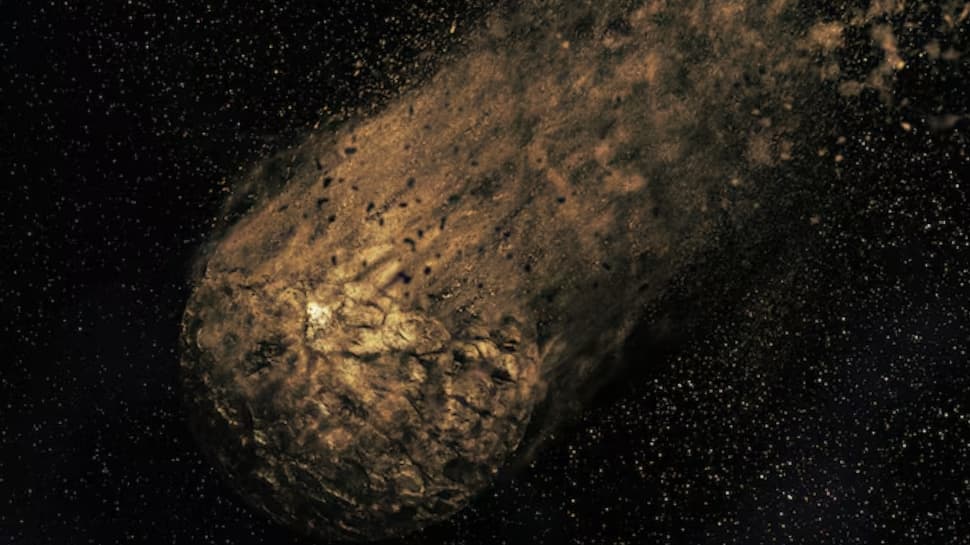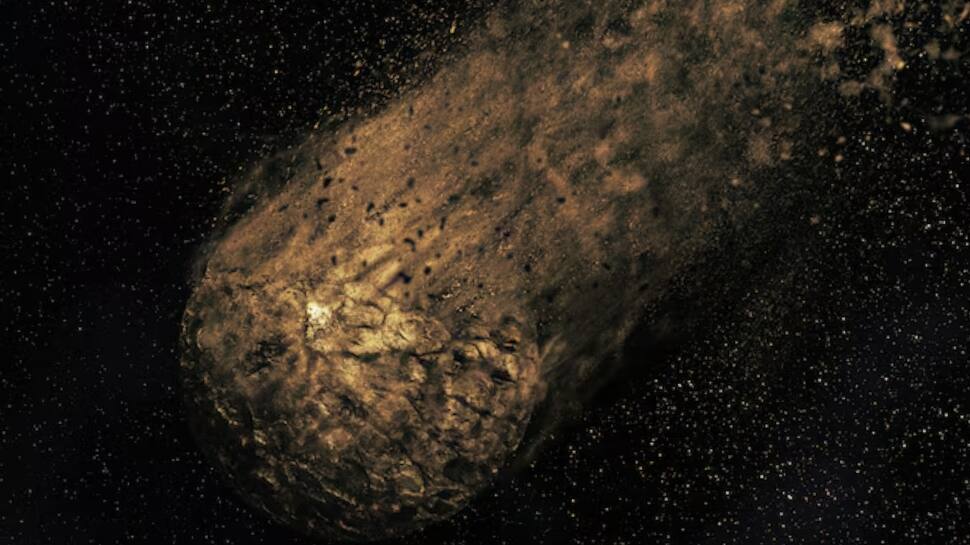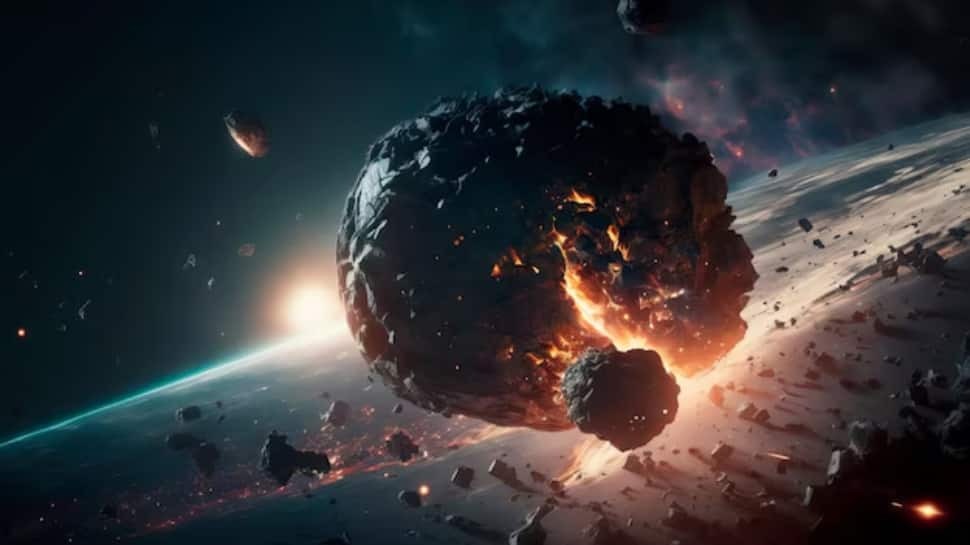China Building Anti-Asteroid Army? All About Beijing's ‘Planetary Defence’ Team Amid Asteroid 2024 YR4 Scare
Asteroid 2024 YR4: China has launched a planetary defence team amid rising concerns over asteroid 2024 YR4, which the European Space Agency (ESA) says has a 2.2% chance of hitting Earth in 2032. The 40-90 metre-wide asteroid, discovered by the University of Hawaii, has triggered international monitoring. China’s State Administration of Science, Technology and Industry for National Defence is recruiting experts for asteroid monitoring and early warning. Researcher Li Mingtao emphasized strengthening deflection strategies, aligning with China’s planned 2030 asteroid impact mission.
)
Asteroid 2024 YR4: China has begun assembling a planetary defence team to counter the growing scare of near-Earth asteroids, following the discovery of a large asteroid that could potentially collide with the planet in the next seven years.

The European Space Agency (ESA) on Friday updated its risk assessment of asteroid 2024 YR4, stating that it now has a 2.2 percent chance of hitting Earth in 2032. This probability has placed the asteroid at the top of ESA’s risk list, raising concerns among global space agencies.

Estimated to be between 40 and 90 metres (130 to 300 feet) in width, the asteroid was first identified in late December by the University of Hawaii’s Institute of Astronomy. Its discovery triggered international monitoring protocols after the likelihood of impact surpassed a globally recognized threshold for response.
Chinese Planetary Defence

In the wake of this development, China’s State Administration of Science, Technology and Industry for National Defence has taken swift action. A special projects centre within the administration recently announced a recruitment drive for a “planetary defence post,” seeking candidates to focus on asteroid monitoring and early warning strategies. The hiring notice, posted last month on the WeChat account of the journal China Space Science and Technology, highlights China’s increasing commitment to planetary defence.
China's Asteroid-Deflection Strategies

The centre, responsible for aerospace research and Earth observation, aims to enhance its capabilities in detecting and responding to potential asteroid threats. This move aligns with global efforts to develop asteroid-deflection strategies, such as NASA’s 2022 mission, where the agency successfully altered an asteroid’s trajectory by crashing a spacecraft into it—the first-ever test of planetary defence technology.

China has made “great progress” in its asteroid defence initiatives, said Li Mingtao, a researcher at the Chinese Academy of Sciences’ National Space Science Centre. “In the future, we must not only comprehensively strengthen equipment configuration and performance … but also cultivate a team of talent dedicated to asteroid defence and contribute Chinese wisdom and Chinese strength to protecting the safety of the Earth,” Li told China Science Daily, as reported by the South China Morning Post (SCMP).

Li, who specializes in asteroid defence strategies, is working on plans to establish an early warning system for near-Earth objects. His research aims to formulate a distinct Chinese approach to planetary protection.
In September, China unveiled a conceptual plan for its first-ever mission to deflect a near-Earth asteroid. According to state media, the mission will involve sending a spacecraft to observe an asteroid and then deliberately crashing into it to alter its trajectory. The mission is expected to take place around 2030.

As concerns over 2024 YR4 intensify, China’s move to bolster its planetary defence program underscores the growing global urgency in preparing for potential asteroid threats. With increasing advancements in space technology, the race to safeguard Earth from hazardous space objects is gaining momentum.
Trending Photos








